Greek Mythology
-
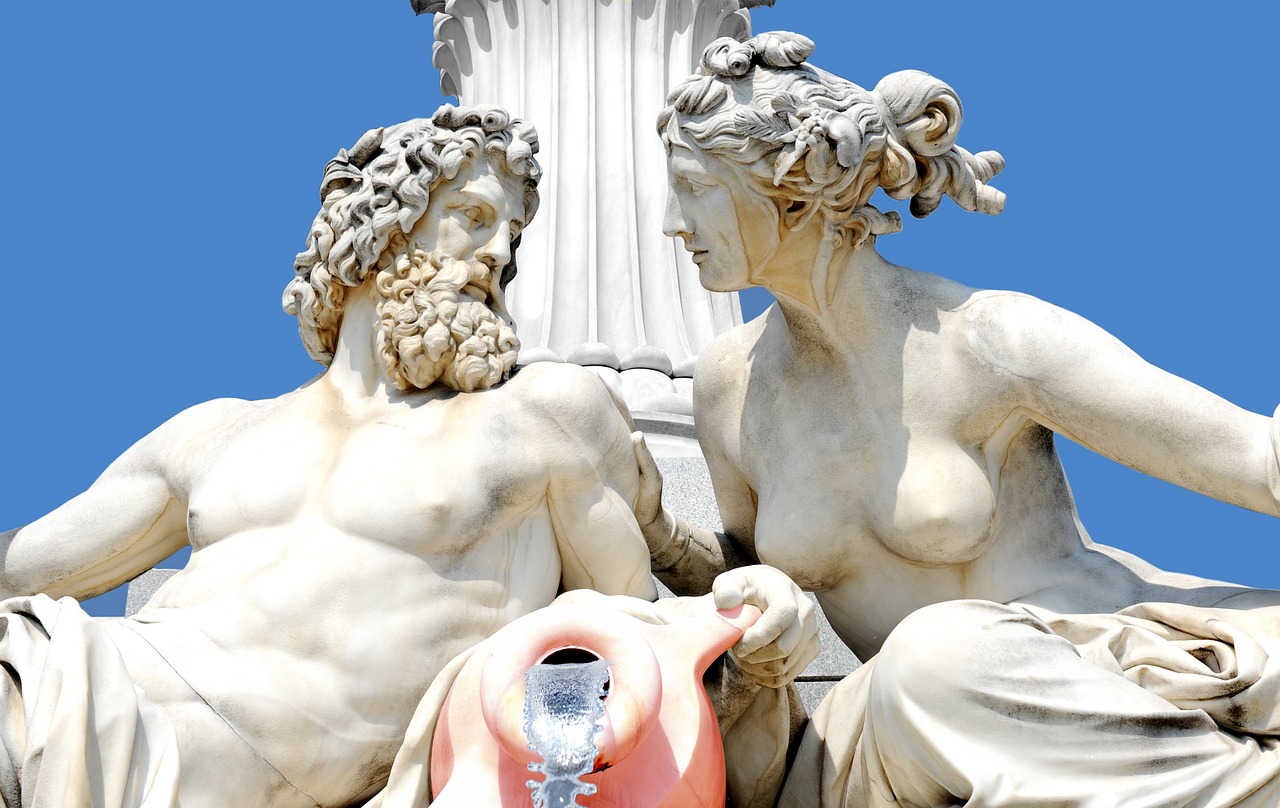
Greek mythology encompasses a rich tapestry of tales about deities, heroes, and the customs of ancient Greece, spanning back to classical antiquity. The inherent fictional qualities of these myths were recognized by critical thinkers such as Plato, who lived during the 5th to 4th centuries BCE. Despite this, the myths were traditionally embraced as factual…
-

The ancient Greek legend of Jason and the Golden Fleece is a prominent tale of heroism, filled with themes of betrayal, revenge, and ultimately tragedy. The saga unfolds with Jason’s Uncle Pelias committing regicide by murdering Jason’s father, the rightful King of Iolkos, and seizing control of the throne. To ensure Jason’s safety, his mother…
-

Hephaestus stands out as an intriguing figure in Greek mythology, embodying the essence of fire, craftsmanship, and resilience. Unlike many gods who are often portrayed as immensely powerful and charismatic, Hephaestus’s narrative revolves around themes of determination, creativity, and the acceptance of imperfection. For those passionate about mythology or simply intrigued by ancient tales, the…
-
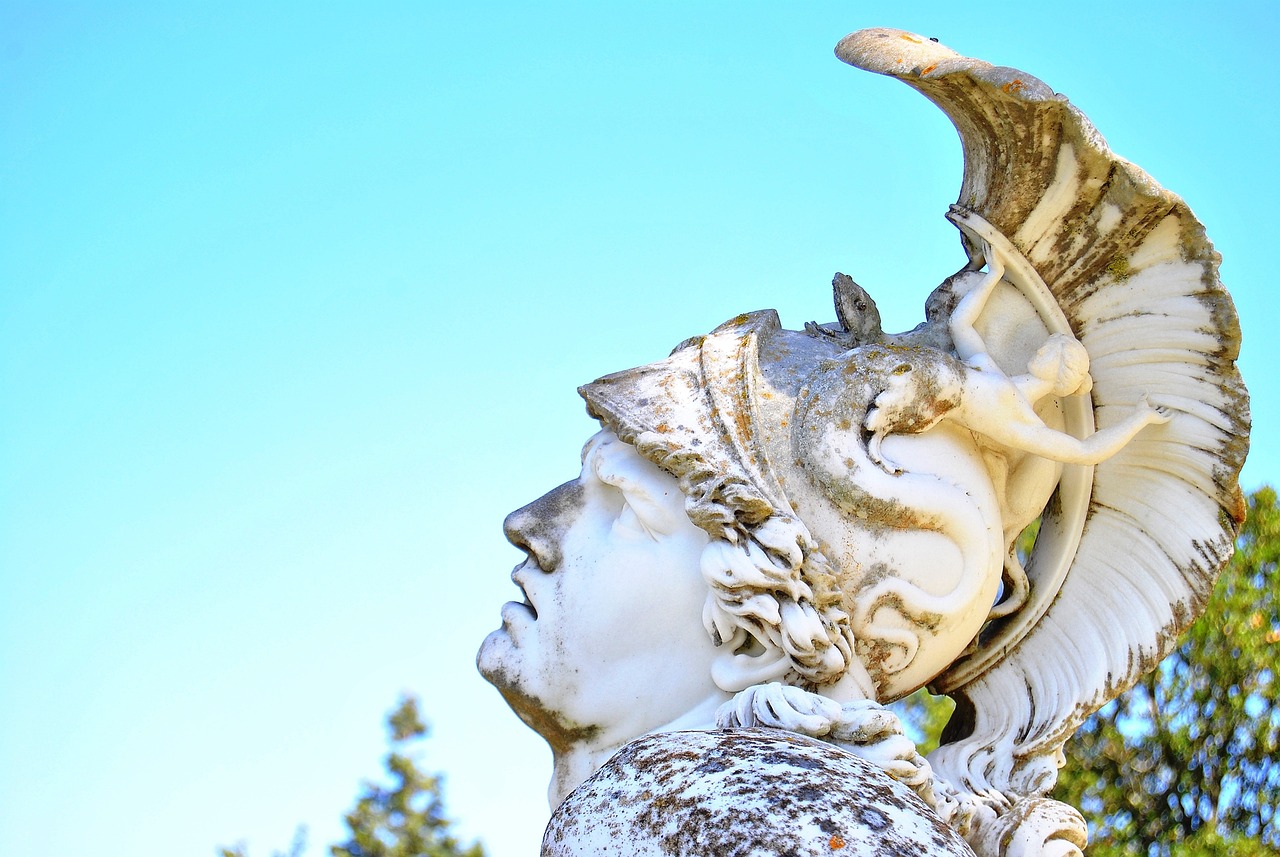
The story of Achilles and Hector is one filled with intrigue and contradictions that have long fascinated scholars and readers alike. In brief, it culminates in Hector’s victory over Achilles, a claim that takes roots in ancient Greek thought, notably among the sophists. To set the scene, the Trojans had managed to breach the defensive…
-

Chiron: The Wise Centaur of Greek Mythology Chiron, known as Kheiron in Greek, was the most esteemed and knowledgeable among the Kentauroi, a race of centaurs hailing from Thessaly, notable for their equine characteristics. Unique among his brethren, Chiron was the immortal offspring of the Titan Kronos (Cronus) and the nymph Philyra, making him a…
-
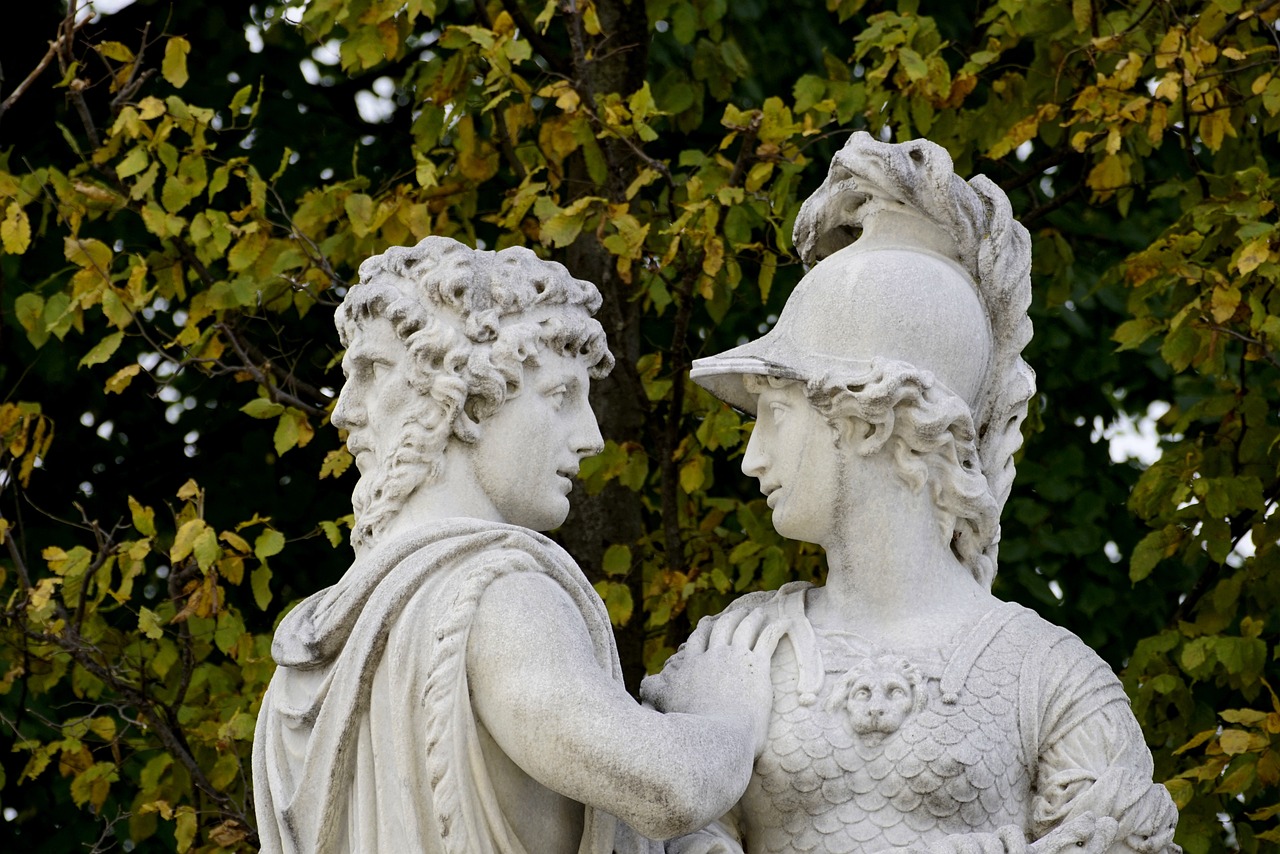
An Overview of Greek Mythology Greek mythology encompasses a rich tapestry of tales revolving around gods, heroes, and ancient Greek rituals that date back to Classical antiquity. The recognition of mythical narratives as partially fictional was highlighted by philosophers like Plato during the 5th to 4th centuries BCE. Nonetheless, these myths were largely embraced within…
-
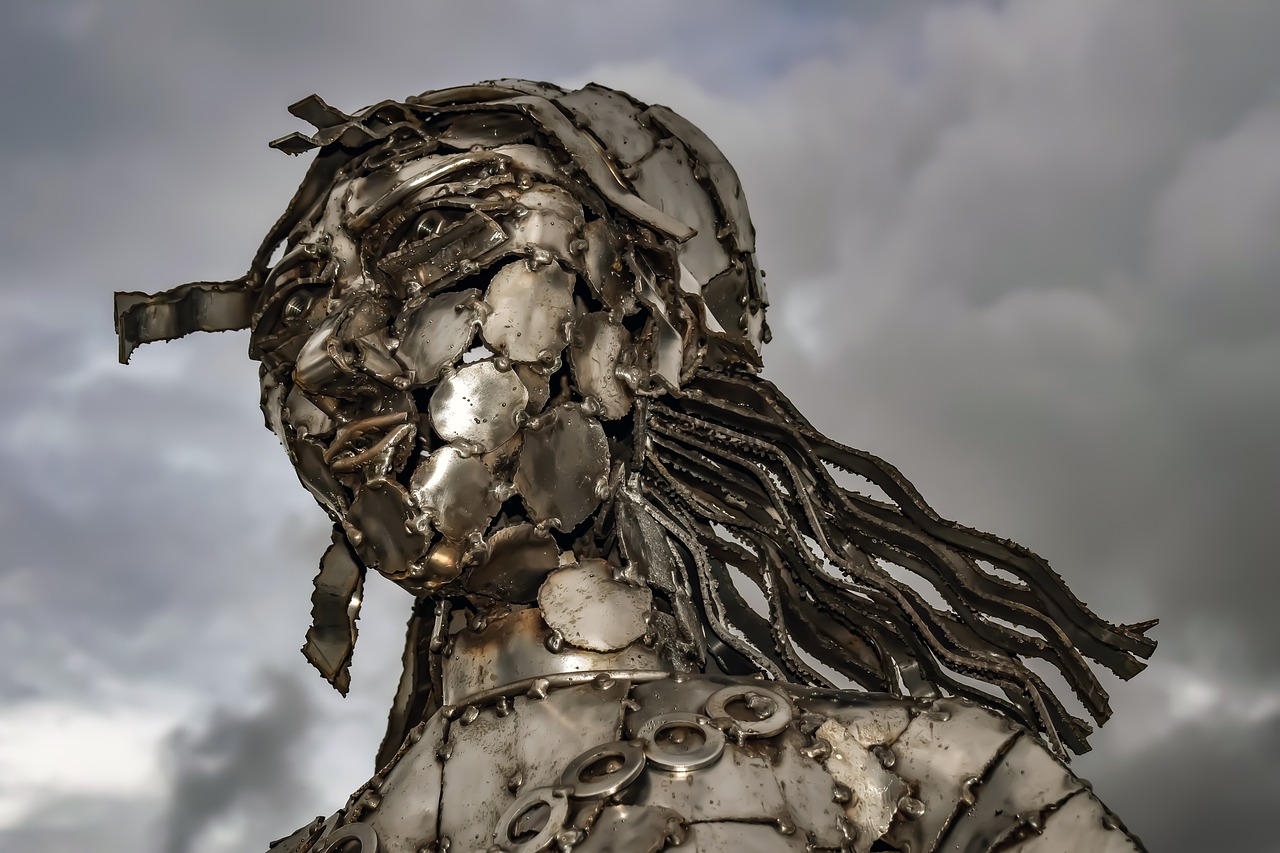
Zeus: The Supreme Olympian God Zeus, traditionally known as Jupiter or Jove, holds the prominent title of King of the Gods, governing the sky, weather, order, destiny, and fate. Often represented as a stately man with a robust physique and a dark beard, his iconic symbols include a lightning bolt, a regal scepter, and an…
-

Zeus, the foremost god in ancient Greek mythology, occupied a predominant role as a deity of the sky and weather. His identity closely parallels that of the Roman god Jupiter. The etymology of his name may derive from the ancient Hindu deity Dyaus, known from the sacred texts of the Rigveda. Revered as the orchestrator…
-

Aphrodite, the Olympian goddess of love and beauty, represents the essence of attraction and desire. Often depicted as a stunning woman in classical art, she is frequently accompanied by Eros, the winged deity of love. Key symbols associated with her include the dove, an apple, a scalloped shell, and a mirror, with many works of…
-
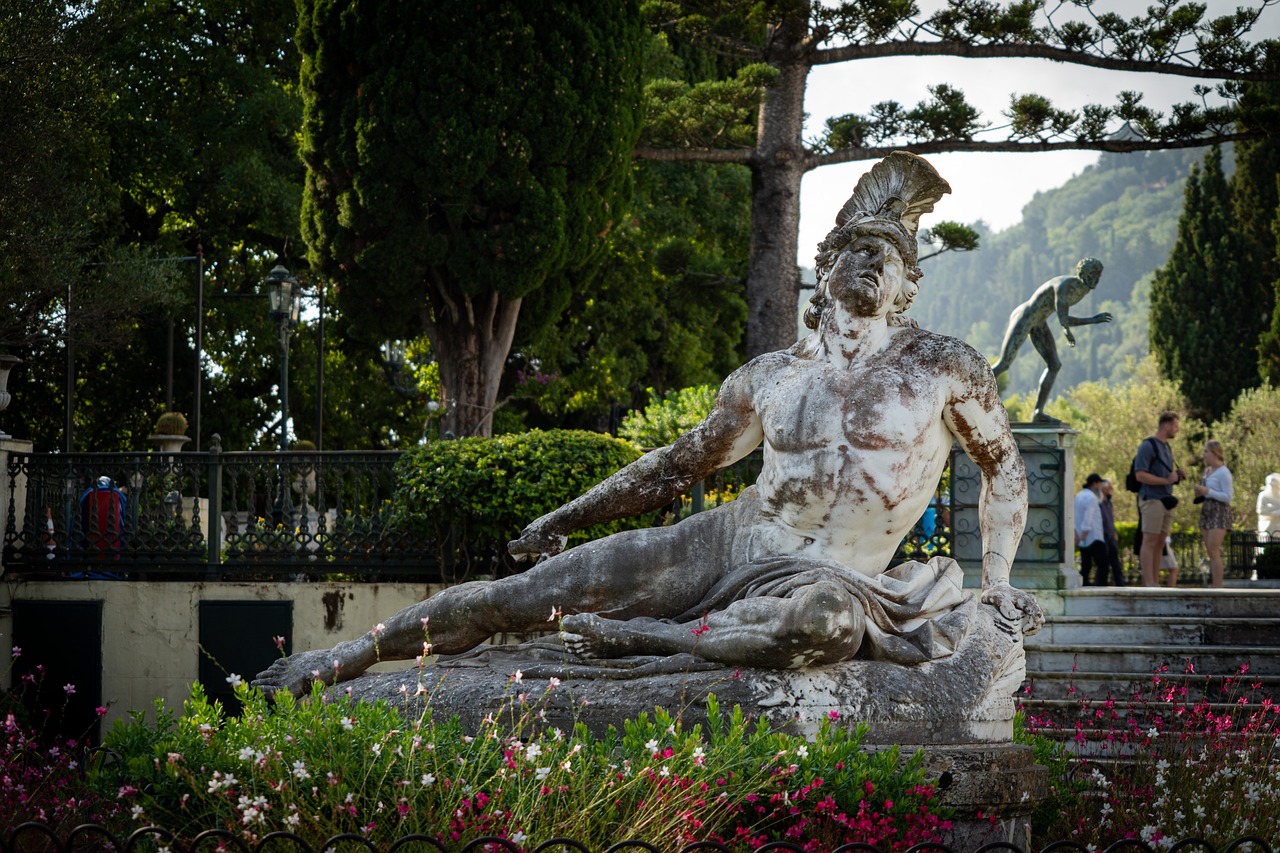
The Trojan War: The Clash of Achilles and Hector When Helen was taken to Troy by Paris, her husband Menelaus summoned the Greek leaders to help him reclaim her. This call to action ignited a war that many were hesitant to join, not wanting to sacrifice their lives or those of their soldiers for such…


